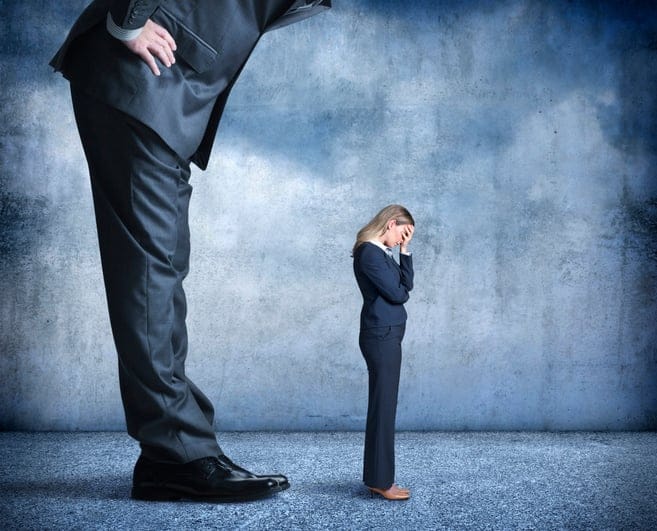While women have come a long way in the past few decades towards gaining equal footing in workplaces, relationships, and in society at large, we still have a long way to go. However, just how bad things still are became shockingly clear when the UN Development Program published the first-ever gender social norm index which revealed that nearly 90% of people in 75 countries hold at least one bias against women.
- How exactly did the study discover this? The UNDP analyzed data from 75 different countries which together represent 80% of the world’s population. Their findings were that 91% of men and 86% of women hold biases against women in the areas of politics, education, violence, economics, and/or reproductive rights. Shocking!
- Nearly 50% of people think men make better political leaders. This isn’t so surprising given how few women are in these positions around the developed world. Hell, you only have to look at Hillary Clinton’s 2016 presidential campaign to see this loathing in action. Not only that, but more than 40% believe that men are better business leaders!
- Many people think violence in relationships is okay. While it should be abundantly clear that it’s never okay for someone to put their hands on their partner, male or female, a staggering 30% believe it’s just fine for a man to beat his female partner. This is mind-blowing, infuriating, and downright depressing.
- The UNDP wants governments to pass legislation to prevent these biases from being enacted. “We all know we live in a male-dominated world, but with this report we are able to put some numbers behind these biases,” said Pedro Conceição, director of the UNDP’s human development report office. “And the numbers, I consider them shocking. What our report shows is a pattern that repeats itself again and again. Big progress in more basic areas of participation and empowerment. But when we get to more empowering areas, we seem to be hitting a wall.”
- While we may think things are getting better for women, the report shows otherwise. According to Conceição, biases against women aren’t getting better, they’re getting worse. In fact, we’re erasing much of the progress we made over the past few decades. “While in many countries these biases are shrinking, in many others the biases are actually sliding back. If you take the overall average of the information we have, we show that on average we are sliding back – that biases, instead of shrinking, are growing back,” he explained.
- Only six countries are great places to be a woman. The report found that of the 75 countries whose data was analyzed, only six of them had more than 50% of people who were “free from gender prejudice”: Australia, New Zealand, Andorra, Norway, Sweden, and The Netherlands. That being said, they’re still showing a backslide in their attitudes towards women.
- We need to do so much better. “UNDP is very conscious of the backlash against women’s rights. We are aware and we are concerned, so we think the report … is an answer to push back the pushback,” said Raquel Lagunas, acting director of UNDP’s gender team. “We cannot pick and choose, [saying]: ‘These human rights are for women, and these ones are not.’ We need to invest and double efforts to address the hardcore areas of power – political power, economic power – and we think, we hope, this publication is going to have impact in the countries we [UNDP] work, and open conversations with governments, because gender equality is a choice.”



